On Misogyny - MGTOW
In this video I conduct an inquiry into the essence of misogyny.
Patreon
https://www.patreon.com/ground....work_for_the_metaphy
Paypal
https://www.paypal.com/cgi-bin..../webscr?cmd=_s-xclic
Script
http://www.gftmom.com/portfolio-item/on-misogyny/
Hey Everybody, Marcus here.
If you navigate to Dictionary dot com and look up the definition of human, you will find two separate entries where the word human is used as a noun. The two definitions read as follows:
1. any individual of the genus Homo, especially a member of the species Homo sapiens.
2. a person, especially as distinguished from other animals or as representing the human species
When I look at these two definitions I find that neither of them answers the question: “What is a human being?” We are often tempted to reach to the dictionary to define things that exist but what we are in fact greeted with are definitions of words instead. There is a very important distinction that needs to be observed here that is not immediately evident.
Let us ask ourselves this. Why does the word human exist at all? Surely, we can answer this question by saying that the word human exists because there is a thing that ontologically obtains prior and independent of the word. In turn, the existence of this thing necessitates the introduction of a word that can be used to engage in discourse around it.
So, if we are to accept this account for the existence of the word human, then we must conclude that the subject of inquiry is the thing which ontologically obtains and not the word human itself. What this means is that the dictionary definition of the word human should never serve as the subject of inquiry but the subject ought to be that which the word corresponds to. This should be obvious to anyone yet it seems it is not.
Often times, people get caught up in dictionary definitions of words. They conflate the dictionary definition of a word as that which defines the object the word corresponds to. Let us take a simple example well known to us in the MGTOW community. Feminists have been known to say things like “Feminism is the pursuit of social, political, and economic equality between the sexes. That’s what it is. Just look it up in the dictionary.” These sorts of statements have been commonly acknowledged as the dictionary fallacy to anti-feminists.
Indeed, if feminism is the pursuit of social, political, and economic equality between the sexes, then feminism does not ontologically obtain. Simply put, feminism does not exist. Yet we do say that feminism exists; at least, something ontologically obtains which we refer to as feminism that seems to us to have an essence radically difference from what we read in the dictionary. So in this way, anti-feminist discourse has as its subject of inquiry not the word feminism, or the account given in the dictionary, but that which ontologically obtains.
The same can be said of the dictionary definition of human. The dictionary definition is a bad definition of a human. The reason for this is much the same as why the definition of feminism is inadequate. The dictionary is not a set of definitions of essences but merely a collection of definitions that are either commonly understood when a word is used or definitions informed by ideology, historical revisionism, or what not.
The reason I bring this up is because you often see people reach to dictionary definitions of words as the subject of their inquiry. Someone will take a word like feminism, look it up in the dictionary, and then begin to conduct an exegetical analysis on the dictionary definition to derive further conclusions about feminism. To do this is to engage in sophistry.
To do this is to make words the subject of the inquiry as oppose to that which actually exists and whose existence is prior to the word. The proper subject of any inquiry is that with ontologically obtains; the words are merely a tool, and nothing more. The proper subject of inquiry is the essence of the thing under inquiry.
In this way, if we are to revisit the definition of a human being, then a proper definition of the essence of a human being would be what Aristotle put forward; namely, a human being is a rational animal.
0


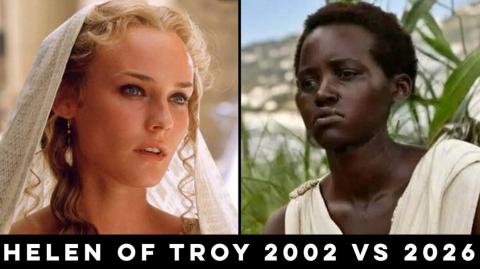
 Sandman
Sandman
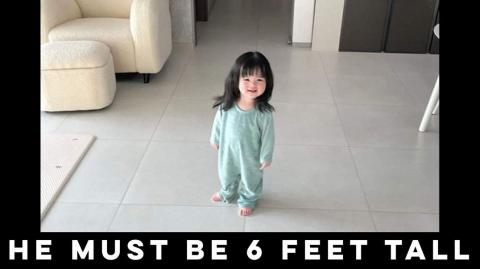
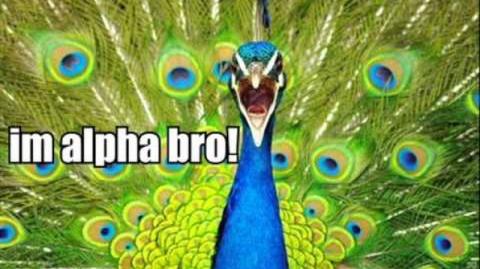
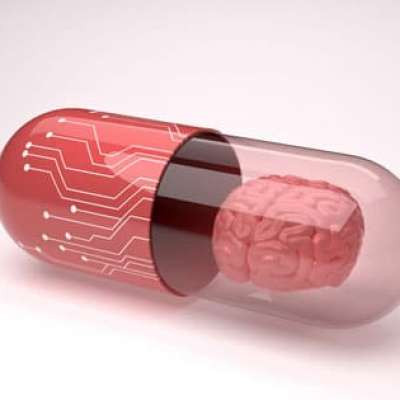 NerokeFive
NerokeFive
 DIOSUNBALLZ_TALICHAD
DIOSUNBALLZ_TALICHAD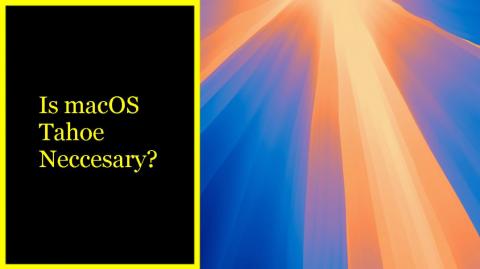
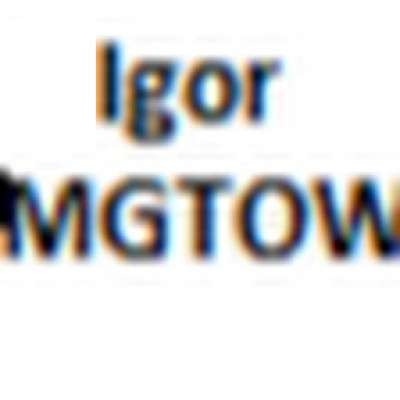 Igor MGTOW And Video Games
Igor MGTOW And Video Games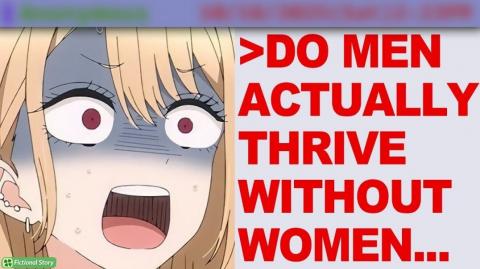
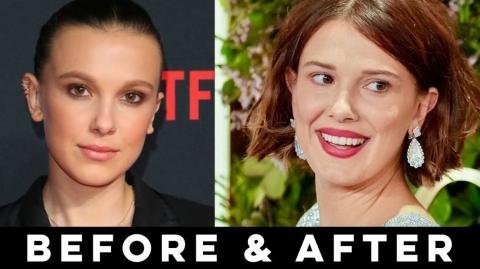

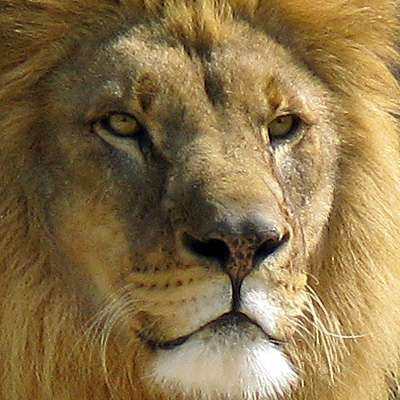 Zuberi87
Zuberi87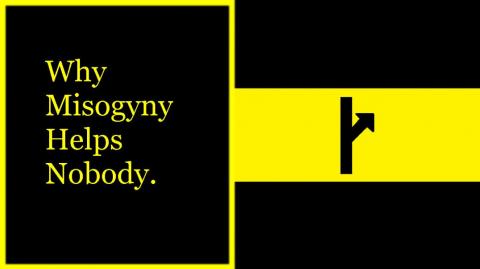

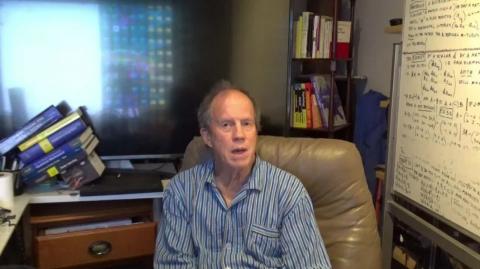
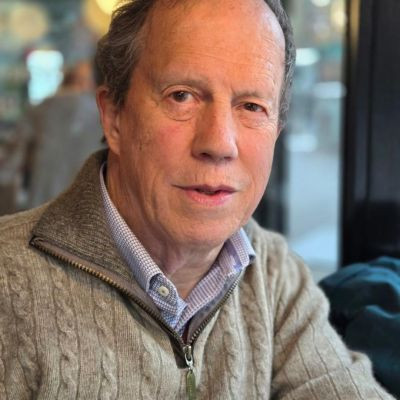 profhugodegaris
profhugodegaris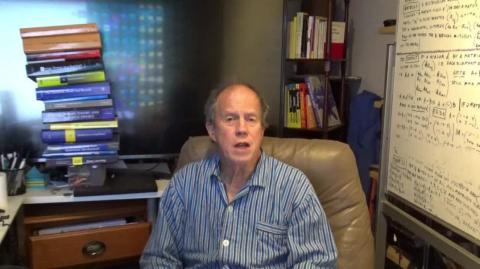


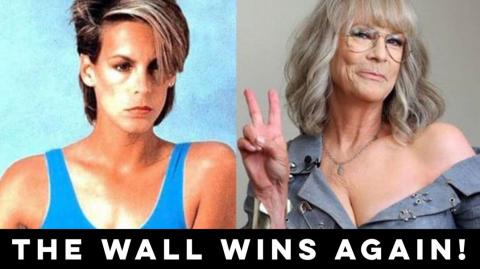
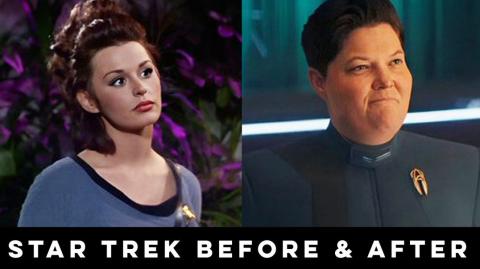



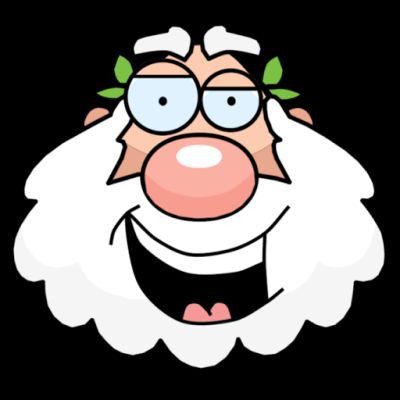


Log in to comment